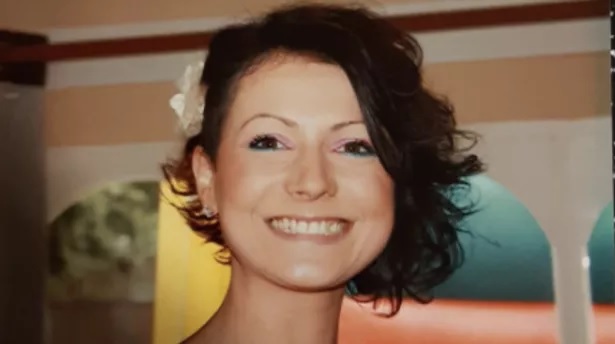
Recognizing domestic violence as a factor in suicide: The journey of a grieving mother
Phyllis Laverack, a retired health visitor from East Riding, has spent six years advocating for recognition of domestic violence as a contributing factor to her daughter Jessica's suicide in 2018. Jessica, known affectionately as Jessie, was a talented hairdresser who, at 33, fled her home in Rotherham to escape her ex-partner after experiencing physical abuse.
Following two incidents of strangulation, Jessica sought help but encountered significant systemic failures in the response of various institutions. After South Yorkshire Police responded to her initial assault, Jessie was referred to an Independent Domestic Violence Adviser, which initiated a Multi-Agency Risk Assessment Conference (MARAC). However, due to administrative oversights, the MARAC process was discontinued, leaving Jessie without crucial support.
In the months following her departure, Jessica struggled with anxiety, self-medicated with alcohol, and reported stalking and harassment to Humberside Police. Unfortunately, her pleas went largely unaddressed. As she faced increasing isolation and fear, she reached out for help but did not receive adequate support from healthcare services.
Despite Jessica's history of self-harm and suicidal thoughts, her case was misclassified, and she received no formal intervention from professionals who were aware of her domestic abuse situation. Tragically, she took her own life shortly after her parents visited her to assist with home repairs.
Statistics indicate that one in eight female suicides in the UK is linked to domestic violence. Phyllis highlighted that systemic barriers often worsen after a victim's death, complicating the pursuit of justice for bereaved families. Jessie’s death was initially categorized as a suicide, overlooking the domestic abuse she had suffered.
Following years of advocacy, an inquest into Jessica’s death acknowledged the impact of domestic abuse on her mental health, although it stopped short of directly linking her death to the abuse. Phyllis noted that changes to the death certificate process are in progress, aimed at ensuring that domestic violence is recognized in future cases.
The government has since linked domestic abuse and suicide in its latest Suicide Prevention Strategy. Humberside Police has implemented additional training for its staff, acknowledging failures in their previous handling of Jessica's case.
As Phyllis continues her fight for justice and support for other families affected by similar tragedies, she emphasizes the importance of recognizing the voices of victims. Her story sheds light on the complex challenges faced by those navigating the aftermath of domestic violence and seeks to foster systemic change.
Stichworte







